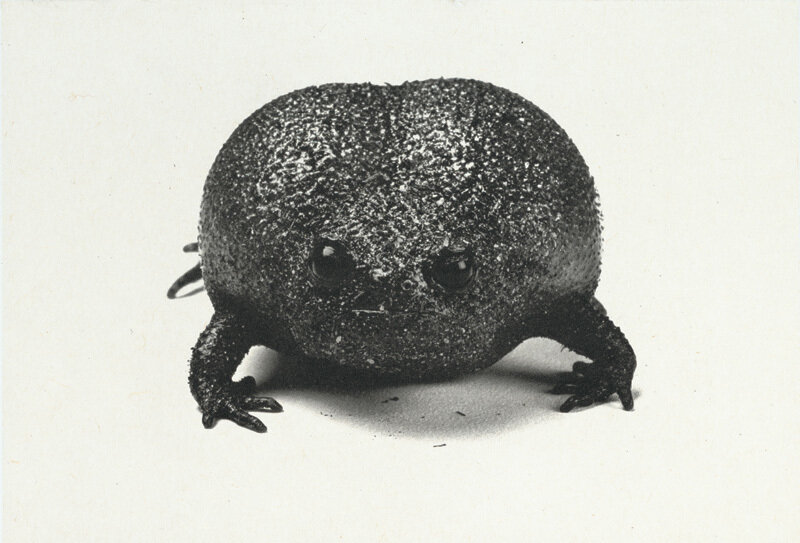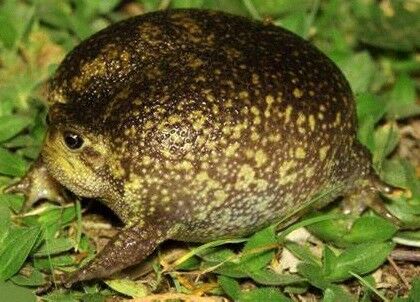Find Your Perfect Rain Frog for Sale: Study the Globe of Exotic Amphibians!
Find Your Perfect Rain Frog for Sale: Study the Globe of Exotic Amphibians!
Blog Article
Common Wellness Issues in Reptiles: Signs and Solutions
In the complex globe of reptile care, understanding the common wellness problems that may affect these one-of-a-kind creatures is extremely important in guaranteeing their health. Whether it's grappling with parasitic invasions, navigating dehydration issues, or dealing with skin conditions that manifest in refined ways, being attuned to the signs and symptoms and geared up with the expertise of reliable options is necessary for any type of reptile proprietor.
Breathing Infections
Respiratory infections in reptiles can substantially impact their general wellness and require timely attention from seasoned vets. These infections are commonly triggered by fungi, bacteria, or infections and can materialize via signs and symptoms such as hissing, nasal discharge, open-mouth breathing, and sleepiness. In reptiles, respiratory system infections can be particularly challenging to identify and deal with because of their special makeup and physiology. Vets typically depend on a mix of physical exams, diagnostic imaging, and research laboratory examinations to accurately recognize the underlying root cause of the infection.
Treatment for respiratory infections in reptiles usually entails a mix of supportive treatment, such as keeping proper humidity degrees and temperature level slopes in the enclosure, as well as targeted medication to resolve the certain microorganism in charge of the infection. It is important for reptile proprietors to monitor their pets very closely for any kind of indications of breathing distress and look for vet treatment at the earliest indication of a concern. With timely intervention and appropriate treatment, numerous reptiles can recover completely from respiratory system infections and return to regular tasks.

Metabolic Bone Condition
What elements add to the development of Metabolic Bone Illness in reptiles?
Metabolic Bone Condition (MBD) in reptiles is mostly caused by a lack of correct calcium, phosphorus, and vitamin D3 levels in their diet plan. When reptiles do not receive sufficient calcium, either through their food or correct UVB exposure for vitamin D3 synthesis, they go to a high risk of developing MBD. Reptiles with diet plans low in calcium or imbalanced calcium to phosphorus ratios are specifically prone. Additionally, insufficient exposure to UVB light prevents reptiles from synthesizing vitamin D3, which is critical for calcium absorption and bone health and wellness.
Other adding aspects to MBD include inappropriate temperature level slopes within the reptile's environment, bring about lowered metabolism and damaged calcium absorption. Insufficient humidity levels can also influence a reptile's ability to metabolize calcium effectively. Additionally, certain reptile varieties have particular nutritional demands that, otherwise met, can raise the probability of establishing MBD. Regular vet check-ups, correct husbandry techniques, and a well balanced diet plan are essential to prevent Metabolic Bone Condition in reptiles.
Parasitical Infestations
Parasitic problems position a significant health threat to reptiles, impacting their overall health and calling for timely vet interest. Reptiles can be affected by different bloodsuckers, including termites, ticks, internal worms, and protozoa. These parasites can trigger a variety of symptoms, such as weight management, sleepiness, skin inflammation, diarrhea, and also death if left neglected.
One usual parasite located in reptiles is the mite, which can cause skin anemia, irritation, and stress. Ticks are another external bloodsucker that can create and send conditions discomfort to the reptile. Inner bloodsuckers like worms and protozoa can result in gastrointestinal problems, malnutrition, and damage the reptile's immune system.
To detect a parasitic invasion, a veterinarian might execute fecal examinations, skin scrapings, or blood tests. Treatment usually includes deworming drugs, antiparasitic bathrooms, or in serious cases, a hospital stay. Preventative procedures such as normal vet exams, proper hygiene, and quarantine procedures for new reptiles can assist lessen the risk of parasitical problems and ensure the wellness of reptile pets.
Dehydration and Hydration Issues
Dehydration in reptiles can considerably impact their health and wellness, requiring timely treatment and ideal hydration monitoring. If left neglected, dehydration can lead to significant health problems and also be fatal to the reptile.
To stop dehydration, reptile owners ought to make certain that their animals have access to tidy water in all times. The water recipe should be big sufficient for the reptile to take in if needed, particularly for types that soak up water with their skin. Furthermore, preserving correct humidity levels in the reptile's room and giving normal baths can assist avoid dehydration.
In situations of dehydration, it is crucial to seek veterinary care quickly. A vet might provide fluids either by mouth or via injections to rehydrate the reptile. It is vital to deal with the underlying source of dehydration to avoid reappearance and guarantee the reptile's general wellness.
Skin Ailments

Conclusion

Respiratory system infections in reptiles can dramatically affect their general health and call for timely focus from experienced vets (rain frog for sale). Preventative procedures such as routine veterinary examinations, correct health, and quarantine procedures for brand-new reptiles can aid lessen the risk of parasitical problems and make certain the wellness of reptile pets
If left without treatment, dehydration can lead to major health and wellness issues and also be fatal to the reptile.
Frequently evaluating your reptile for any modifications in skin shade, look, or texture can help in Find Out More early discovery and treatment of skin disorders, promoting the general health and health of your scaly buddy. - rain frog for sale
In final thought, reptiles are susceptible to numerous health problems such as respiratory system infections, metabolic bone disease, parasitical infestations, dehydration, and skin disorders.
Report this page